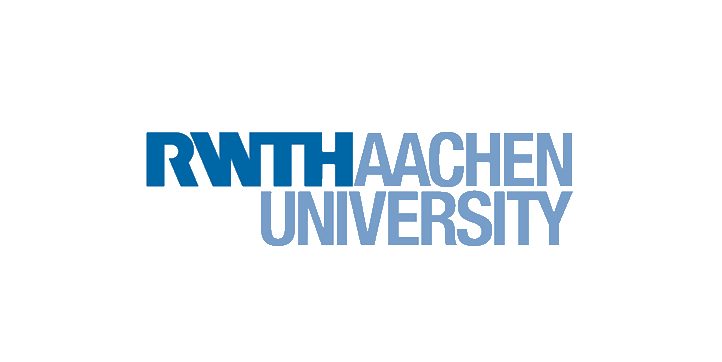Two RWTH scientists accepted into the Junge Kolleg
Christian Haase
Christian Haase studied mechanical engineering and materials technology at Otto von Guericke University Magdeburg and received his doctorate from RWTH. He completed several international research stays, including at the University of Ottawa, Canada and Monash University in Melbourne, Australia. Since 2016, the 35-year-old has headed the research group “Integrative Material Simulation” at the Chair of Metals Engineering at the Institute of Metallurgy. He also heads the junior research group “MatAM – Design of additively manufactured high-performance materials for the automotive industry”. The Federal Ministry of Education and Research is providing 1.6 million euros for this – the funding is personal and linked to the management of the junior research group. Haase is also a member and reviewer in leading organizations and journals.
Haase researches fundamental metal-physical mechanisms in high-performance metallic materials. The focus is on the microstructure and alloy design of new materials for individualized product development using additive manufacturing processes. The combination of construction, material and process enables a holistic, strongly interdisciplinary research approach that allows the optimal use of material properties. This creates a basis for the successful implementation of additive manufacturing in the context of Industry 4.0.
Philipp Trotter
Philipp Trotter, born in 1985, studied industrial engineering at the RWTH with a diploma and was funded by the German National Academic Foundation and the German Academic Exchange Service. He completed stays abroad at Carnegie Mellon University in Pittsburgh and the University of California, Berkeley. Between 2011 and 2014 he worked as a management consultant in the energy sector at McKinsey & Co. and has worked in South Africa, China, the USA and Germany. After receiving a master’s degree from the London School of Economics, he did his doctorate at the University of Bath on “Sustainability Optimization of African Energy Systems”. Since 2020 he has held a combined postdoc position at the University of Oxford and RWTH Aachen University. In May 2021, Trotter will also start a Marie Skłodowska-Curie Individual Fellowship at the Chair of Operations Management. With this award, the European Union is funding a transdisciplinary research project in Uganda under the title “Decentralized Energy-Leveraging Transformation of African Development” (DELTA-Dev). Trotter combines the energy, transport and agriculture sectors in integrative value chains in order to realize synergies for sustainable development. He also volunteers for social enterprises. Transport and agriculture sectors in integrative value chains in order to realize synergies for sustainable development. He also volunteers for social enterprises. Transport and agriculture sectors in integrative value chains in order to realize synergies for sustainable development. He also volunteers for social enterprises.
Over 600 million people and large parts of rural value chains in sub-Saharan Africa have no access to electricity. Electrification often fails due to a combination of financial, environmental, political and social reasons. Trotter conducts interdisciplinary research on this problem: He develops mathematical supply chain optimization models, designs service-oriented business models for sustainable development and analyzes political guidelines that promote the private sector as a driver of sustainable development. Based on his research, Trotter has already advised the European Union, the International Renewable Energy Agency, several African governments and companies in Uganda and Nigeria.

